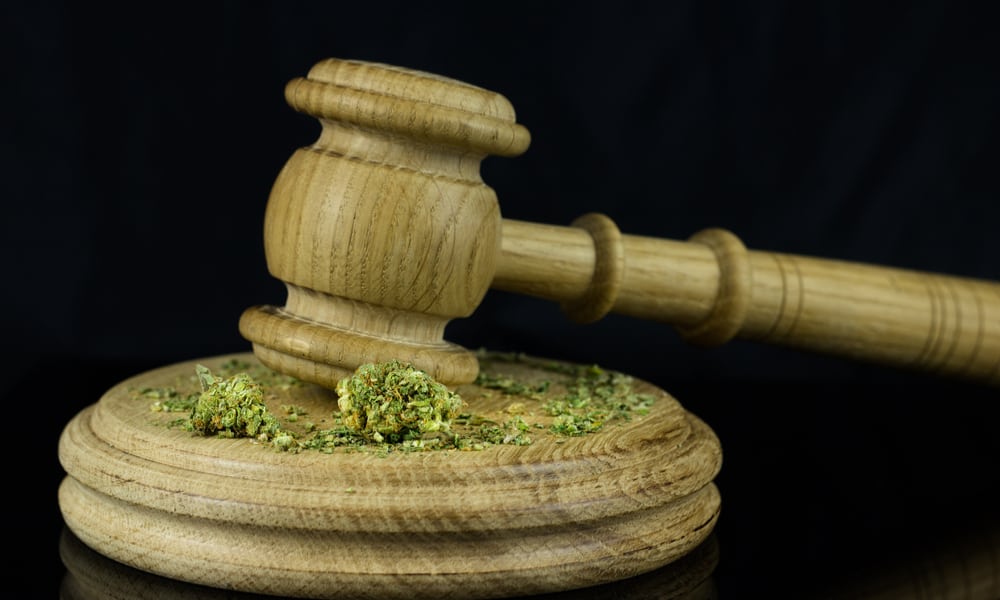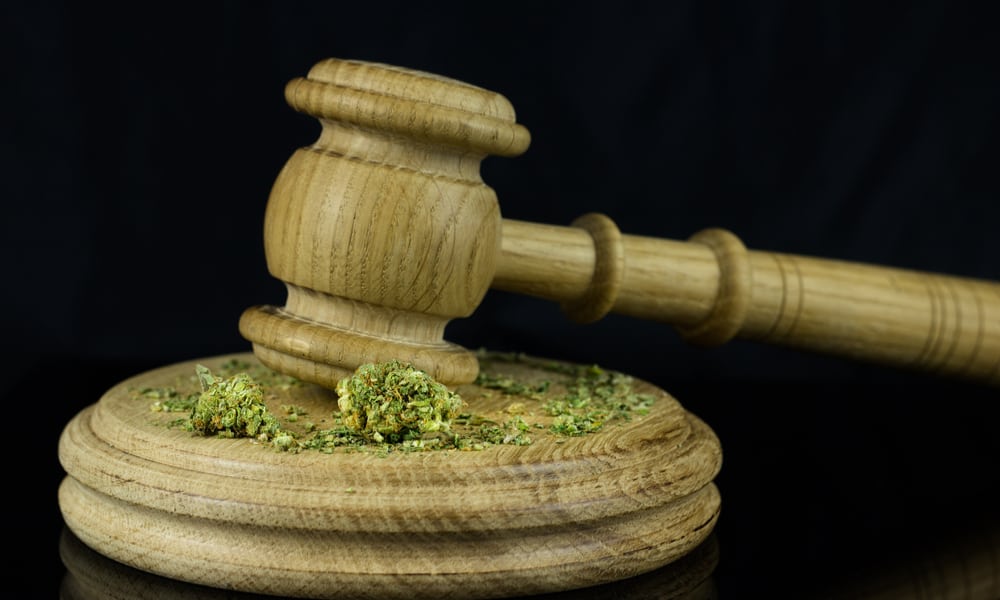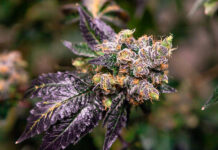
Organigram, Inc. is Atlantic Canada’s original licensed producer of medical cannabis. Since starting out in 2013, the company has won multiple awards for its cannabis products and services. But on Friday, the Supreme Court of Nova Scotia certified a 2017 class action lawsuit against Organigram. The court’s certification means the company will go to trial. In a statement, Organigram has vowed to fight back against the class action, which stems from pesticide contamination in the company’s medical cannabis products.
Medical Cannabis Producer Organigram Faces Class Action Suit over 2016-2017 Pesticide Contamination
Based in Moncton, New Brunswick, Organigram, Inc. is the region’s largest licensed medical cannabis supplier. But the well-known company stands accused of making its customers ill with pesticide-contaminated cannabis.
In late 2016 and early 2017, Organigram issued two, large-scale, voluntary recalls of medical cannabis produced between Feb. 1 and Dec. 16, 2016. Independent, third-party laboratory tests detected the banned pesticides myclobutanil and bifenazate in multiple lots. The lab tests prompted the product recalls, which in 2017 led to the class action lawsuit against Organigram.
Class-Action Lawsuit Against Organigram Claims Patients Suffered Adverse Health Effects
Speaking with the CBC, lawyer Ray Wagner said his clients are suing Organigram for compensation and punitive damages. According to Wagner, the lawsuit has two components. In the first place, the lawsuit aims to compel Organigram to issue refunds for the sale of all products identified in the recall. In its defense, Organigram says it has already voluntarily reimbursed many of the recall-affected customers.
A second component of the class action claims that patients who consumed medical cannabis from Organigram became ill and suffered adverse health effects from the pesticide-contaminated products. In a statement issued Tuesday, Organigram said that it is considering an appeal and currently reviewing the supreme court’s decision.
That 111-page ruling, handed down by Justice Ann E. Smith of the Nova Scotia Supreme Court, came on Jan. 18, 2019 at the end of a two-day hearing on the suit. Responding to that ruling, Organigram issued a statement saying that it does not expect the suit to impact its businesses operations “in any material manner.”
Do Health Canada Regulations Have Enough Teeth to Protect Consumers from Toxic Cannabis?
As a major cannabis producer, Organigram can afford to cover the costs associated with lawsuits like this, even if plaintiffs win. But the certainty with which Organigram is confident a lawsuit over massive product recalls won’t hurt its bottom line raises an important question.
If class action suits don’t phase a major producer, what incentive is there for companies like Organigram to strictly adhere to Health Canada’s regulations? Furthermore, what recourse do patients and retail customers have when they’re sold toxic, potentially harmful cannabis? Organigram lost its organic certification after the recalls. But a few months later, the company regained it.
So far, just 176 people have registered with Wagner for the class-action suit against Organigram. But the pesticide-contaminated products impacted thousands of purchasers. While literally getting sick, Canada’s medical cannabis patients are likely also tired of subpar products making it onto dispensary shelves. Underweight packages, mold contamination: these are just some of the issues medical and retail customers across Canada are facing.















